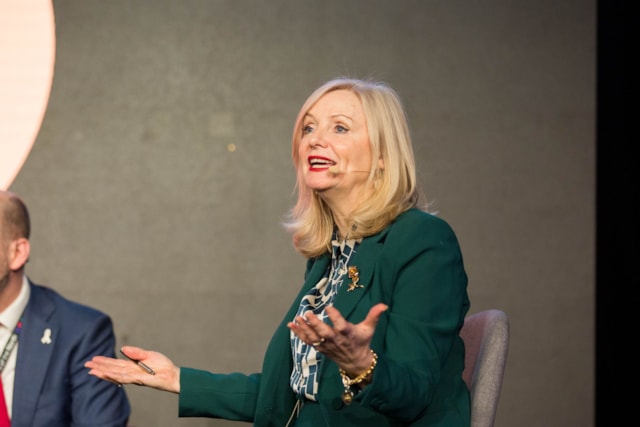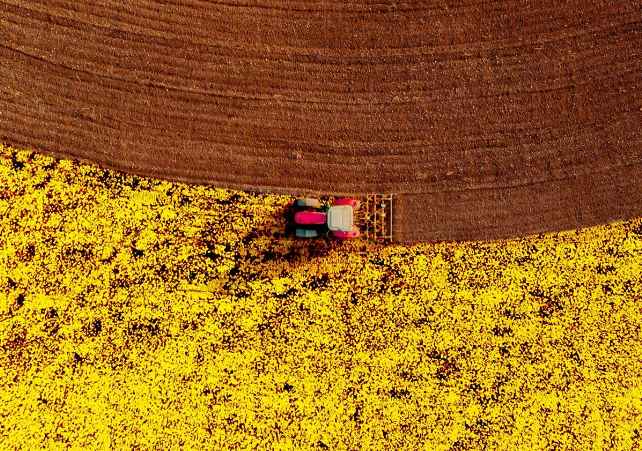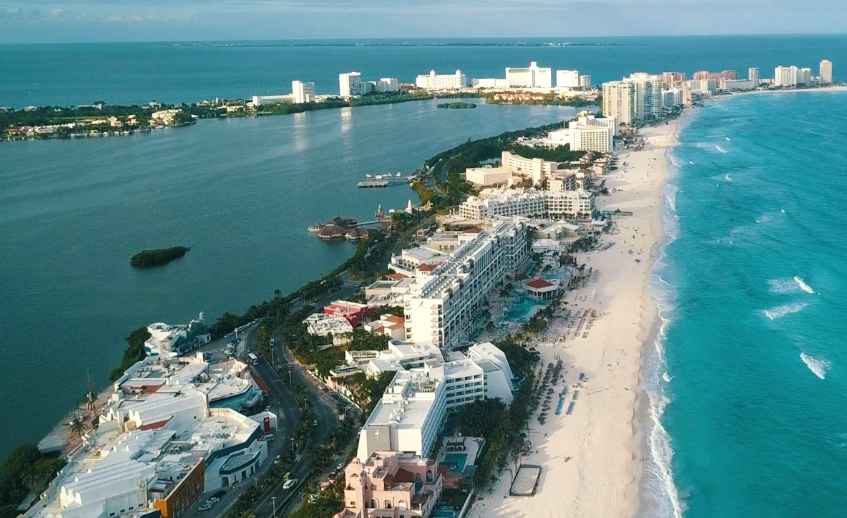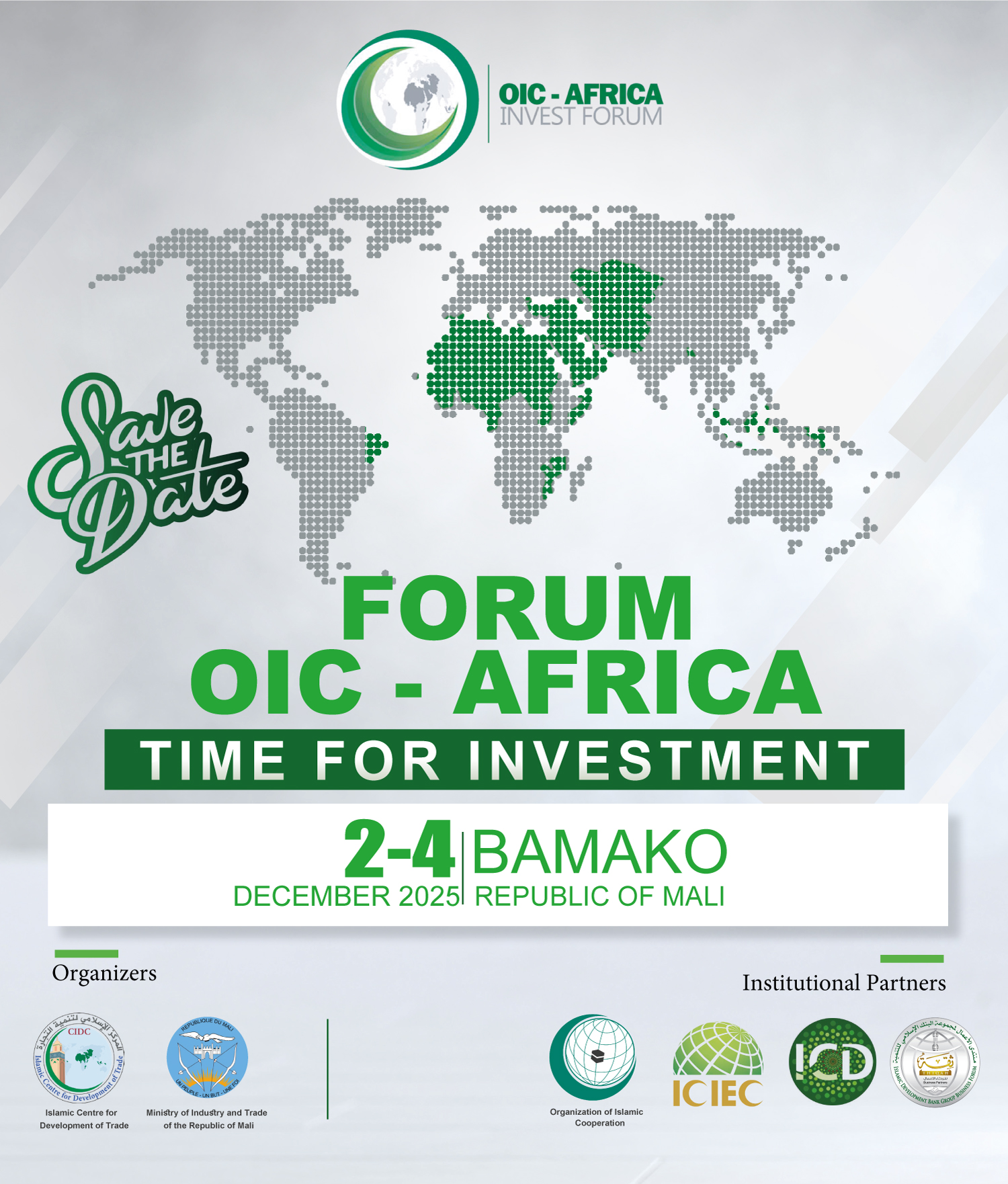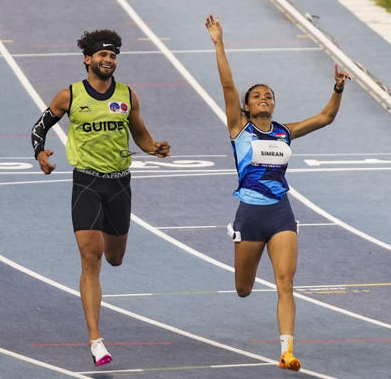WWF-Brazil and global environmental action NGO WRAP launch, on October 2, the national food loss and waste pact ‘Brazil Without Waste’, that brings together companies, governments, research institutions and civil society organizations in a collaborative effort to reduce food loss and waste (FLW) throughout the Brazilian production chain.
Currently, the country wastes about 30% of all food production, equivalent to 55 million tons per year – an estimated loss of R$61.3 billion for the sector. The data is even more serious given the national scenario of food insecurity: 64 million Brazilians have restricted access to food, according to IBGE (The Brazilian Institute of Geography and Statistics).
"While we are one of the largest agricultural producers in the world, Brazilians live with alarming levels of waste and hunger,” says Luiza Soares, leader of the initiative at WWF-Brazil.
‘Brazil Without Waste’ emerges to end this. Through collaboration, data and practical solutions promoting the reduction of food loss and waste we will address this problem in a systemic way."
Furthermore, Brazil Without Waste connects the country to a global network of Food Pacts to share international experiences that have already demonstrated impact in different markets. The program operates through a Pact which encourages governments, companies and other signatory institutions to adopt domestic and international best practice focused on reducing food loss and waste specific to local context, from farm to fork.
The companies that are part of the agreement will be supported in implementing a Target, Measure, Act approach to reduce waste in their operations. This enables the businesses and other organisations to set targets, implement actions to reduce food waste and measure the progress of the transformation.
In the food production chain, the methodology can be used to identify and reduce waste at each stage, with clear targets, precise measurements and guided actions, from production to consumption. Government and industry representatives also have access to working groups in which they can exchange experiences and valuable information with the potential to accelerate actions in line with international best practices.
By joining the program, Brazilian companies will be able to benefit from:
- Operational efficiency and cost reduction by identifying bottlenecks and waste.
- Prepare for new regulations anticipating mandatory reporting requirements.
- Strengthening reputation and brand with public recognition for sustainable commitment.
- Connect with other leading companies, academia and governments.
- Learning from cases already implemented in the world through the Food Pact Network.
"We are building a collaborative environment, in which each signatory company or institution will have technical-scientific support to achieve concrete results,” highlights Daniela Teston, Director of Corporate Relations at WWF-Brazil.
“We believe that, together, we can transform Brazil into a world leader in the fight against food waste”.
David Rogers, Director of International Development at WRAP, celebrates Brazil's entry into the Global Food Compact Network. “About 10% of global emissions come from the food we waste - that's more than aviation - which means food waste is literally fuelling climate change,” he says.
“As a major food producer, Brazil has a critical role to play, and ‘Brazil Without Waste’ adds local impact to the global program. WRAP is delighted to partner with WWF-Brazil and other amazing organizations, demonstrating that working with local partners around the world drives huge results”.
Ahead of launch, the pact has been recruiting signatories, who receive training, tools and technical support to adopt and implement the principles of food loss and waste reduction -target, measure and act. The first results will be consolidated into an annual country report, offering transparency and learnings for the entire sector.



